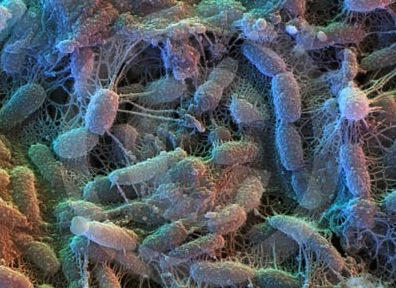USP 62
The USP 62 test is used to determine the presence or absence of specific microorganisms in a product. The test determines whether a product complies with an established specification for microbiological quality.
USP62 test is a safety test . Staphylococcus aureus, Pseudomonas aeruginosa, Escherichia coli, Salmonella species , bile-tolerant Gram-negative bacteria, Clostridia species, and Candida albicans are tested in this method.
A one time suitability testing on a formulation is required . USP 62 suitability test must be ordered prior to or along the order of USP62 test.
Whether the preservatives are added in a formulation or not, the product’s other ingredients may have microbial growth inhibiting properties. Therefore, all products must undergo a one time suitability testing.

Why Do You need Suitability Testing
Antimicrobial agent/ Preservatives/inhibitors in the product can interfere with the recovery of the microorganisms present in the product. Suitable method is developed to ascertain that appropriate neutralization, dilution and growth media are going to be used to recover the microorganisms. A suitable method is established to validate the USP62 routine test method on that formulation. Low number of microorganisms are inoculated in the product. If the Suitability Test fails to recover the inoculated microorganisms, the results of Suitability test are invalid . Methods are then repeated by modifying the recovery scheme to neutralize the inhibiting property and recover the microorganisms.
Amount of Sample Required:
USP 62 test : 10 grams or 10 mls
USP 62 Suitability testing : 30-40 grams or mls of sample
Turn Around Time
USP 62 test : 5-7 days
USP 62 Suitability Test can take more than 7-14 days depending upon the type of active agent used in the formulation.
In the case of USP 62 testing, the sample is first enriched by inoculating in enrichment broth, or appropriate neutralizing growth media, and then streaked onto selective agars for determination of the presence of specified / objectionable microorganisms.
